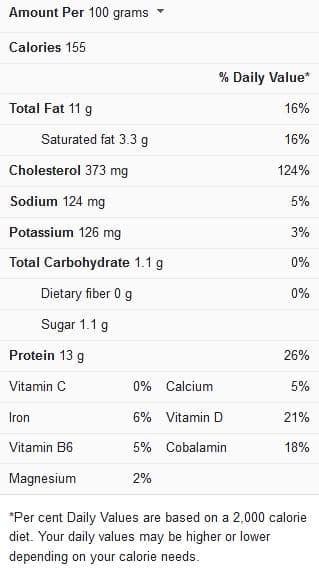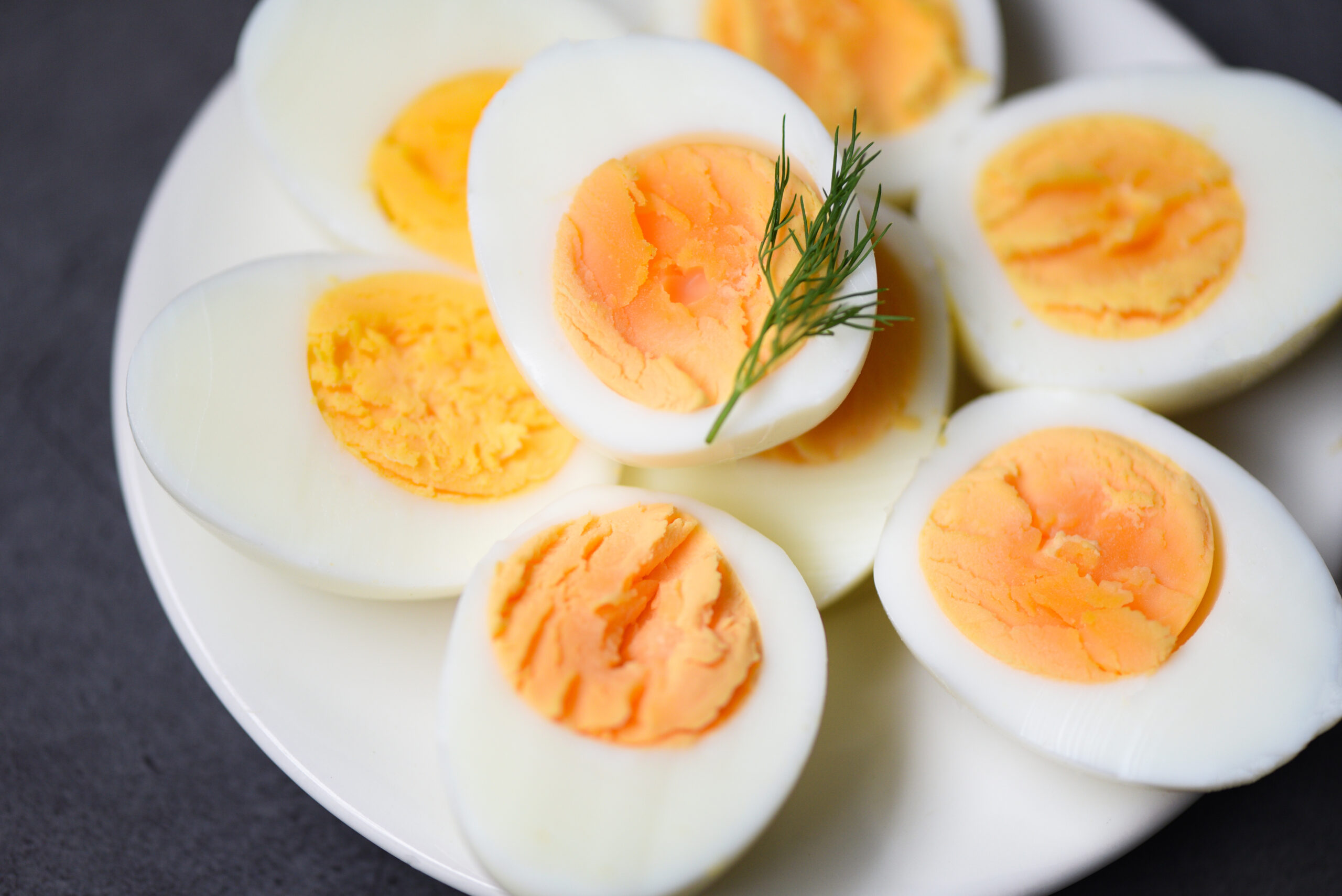Choosing to boil eggs is a cheap but tasty method of introducing a high protein content into your meal, as well as a range of vitamins, antioxidants, and minerals. Understanding how to boil eggs properly can be considered a vital component of culinary skills because eggs can be as diverse as they are nourishing.
Perfecting the art of boiling eggs, whether you want a hard-boiled yolk or a soft, gooey yolk, is mostly dependent on timing. As a result, this article describes how long to cook eggs, as well as really helpful tips for the best results.
Egg nutrition facts

Tips for cooking an egg
Below are some tips and suggestions to ensure the best results when cooking boiled eggs, so pay attention:
Different levels of doneness – With regard to boiling eggs, the ideal cooking time is mostly determined by individual preferences and the purpose for which the eggs are needed.
In egg salad, for example, a completely cooked, hard-boiled egg is excellent. A soft-boiled egg with a gooey, runny yolk, on the other hand, is an excellent way to top a crisp salad or a bowl of handmade ramen.
How to boil an egg – Follow these easy steps when making boiled eggs:
- Begin by filling a big saucepan with sufficient water to thoroughly cover the eggs, regardless of the desired outcome. You can boil as many eggs as you want at the same time; just make sure that each one is completely immersed in water during the cooking process.
- Allow the water to reach a full boil, then turn down the heat to maintain a gentle simmer. Place your eggs carefully in the water and raise the temperature to return the water to a slow, rolling boil.
Ensure that the water does not bubble too violently, as this will lessen the likelihood of the shells splitting.
Ideal timing – The guide below explains the ideal length of time to cook eggs, depending on your preferences:
- 7 minutes: This amount of time will yield eggs with a soft, runny yolk and a firm white.
- 8 minutes: The yolk will be soft and jammy after this cooking duration, but it isn’t liquid.
- 10 minutes: For this amount of time, the eggs will mostly be cooked through, but the middle will be somewhat soft.
- 12 to 13 minutes: This length of time will yield hard-boiled eggs that have been fully cooked but not overcooked.
Please keep in mind that these cooking times are for regular, big eggs. Smaller-sized kinds will most likely cook faster, while the larger ones will take longer.
To stop the cooking process, immediately place the eggs in an ice bath after cooking. Although an overcooked egg isn’t unsafe to eat, its rubbery and rough feel can be unpleasant.
In case your eggs crack – If the egg cracks while cooking, a teaspoon of vinegar added to the water may help to prevent the egg whites from leaking out. Some individuals also find that adding ½ teaspoon of salt to the boiling water prevents the splitting of the shell and makes peeling the eggs easier.
Other ways to ‘boil” eggs – You can get the same quality and taste of boiled eggs without actually boiling them at all, which may sound contradictory. Here are a few ways to achieve this
View this post on Instagram
Steaming
If you would rather not wait for a pot of water to boil first but would still like to eat a hard-boiled egg, steaming works. Steaming entire eggs achieves the same quality and taste as boiled eggs while using far less water.
To steam eggs, simply pour water into a pot up to halfway, add a steamer basket, and heat until the water boils. Place your eggs in the basket with care, cover the kettle, and steam the eggs for 5 to 6 minutes for a soft-boiled egg and about 12 minutes for a hard-boiled egg.
Baking
Another reliable way for making a flawless boiled egg is baking, which requires no water.
To bake your eggs, first heat up the oven to 350 degrees Fahrenheit (180 degrees Celsius). After that, crack a whole egg into a muffin cup, use individual muffin cups depending on how many you’re baking.
Bake the eggs for about 22 minutes for a soft, runny yolk and 30 minutes for a solid hard boil. To halt the cooking process, immediately place the eggs inside an ice bath after baking.
Cooking time for an egg
The ideal cooking duration for boiled eggs has been described in this table below:
| Desired doneness level | Cooking time |
| Soft Boiled (runny or very soft yolk) | 4 to 6 minutes |
| Hard-Boiled (solid cooked yolk) | 8 to 12 minutes |

Perfect hard-boiled eggs (6 to 12 servings)
Ingredients
- 6 to 12 large eggs
- Water
Instructions
- Fill a saucepan with cold water to about a quarter full. In the bottom of the pot, arrange the raw eggs in a single layer. More water should be added until the eggs are immersed under an inch or two of water.
The more eggs you have in the pan, the more water you should pour on top of them. Cover 6 eggs with at least one inch of water; for 7 to 12 eggs, cover with 2 inches.
- Allow the water to reach a good rolling boil in the pot over high heat.
- Turn the heat off, but leave the pot on the hot stove, cover it, and set it aside for 10 to 12 minutes.
The eggs should be perfectly cooked in about 10 to 12 minutes, this will however depend on how well done you prefer your hard-boiled eggs.
- Drain the water from the pot and pour some cold water over the cooked eggs to fast cool them and prevent them from cooking anymore.
Alternatively, if you’re cooking a big batch of eggs, transfer them to a large dish of icy water with a slotted spoon.
- Your eggs are ready to be eaten or served in any recipe of your choosing.
This recipe for boiled eggs is sure to always deliver the right results as long as the instructions are followed correctly. If you’d like to see more ideas to cook eggs perfectly, check out this video recipe.
